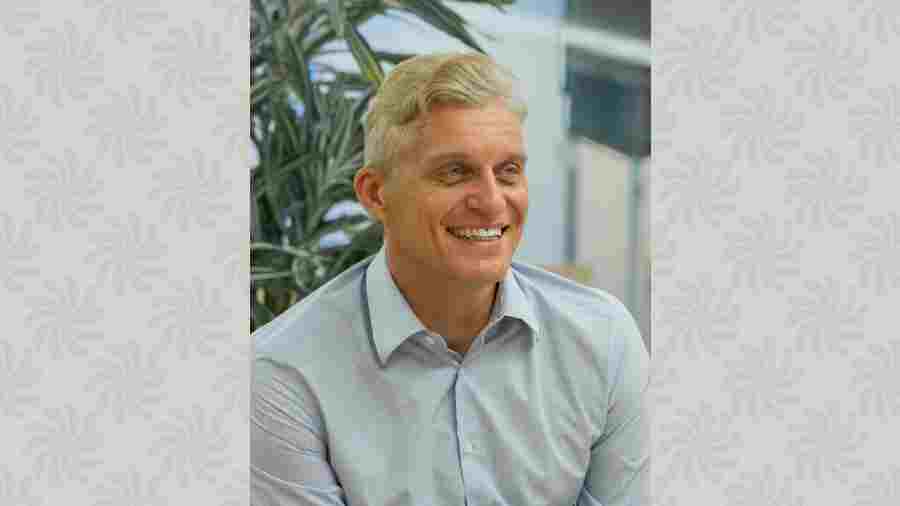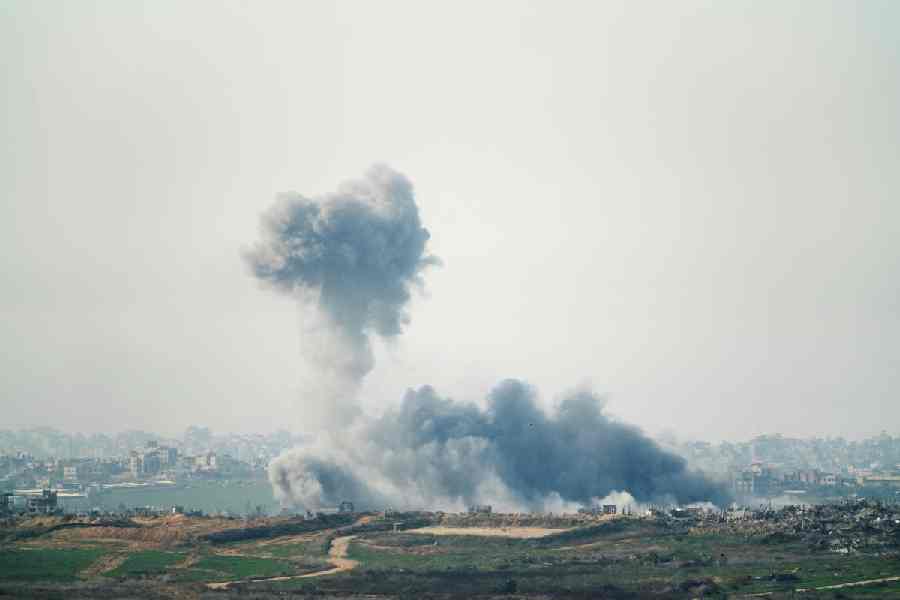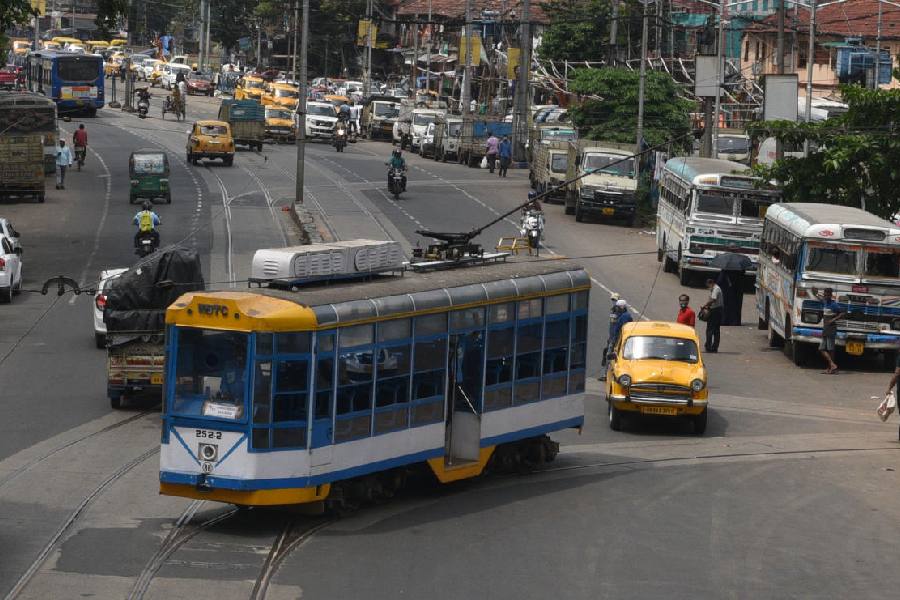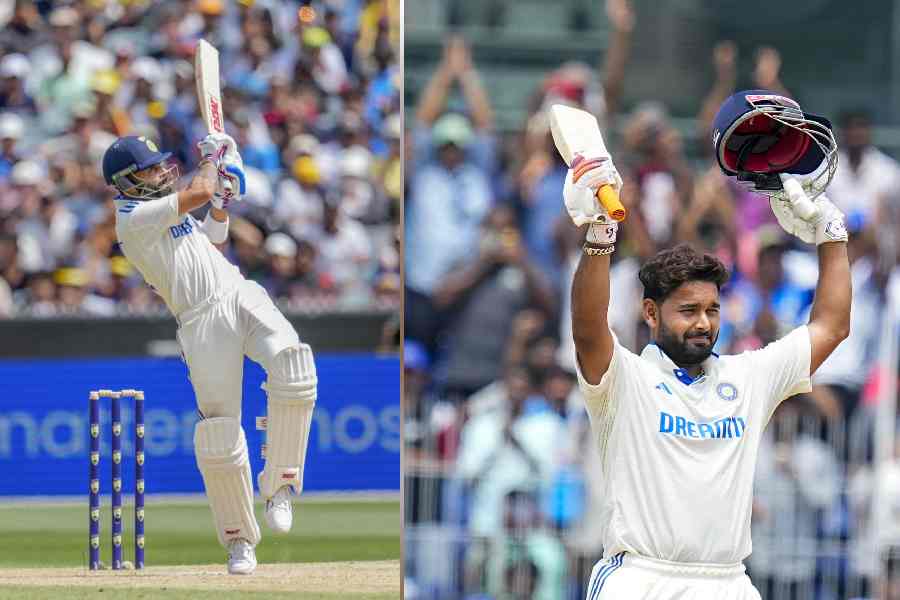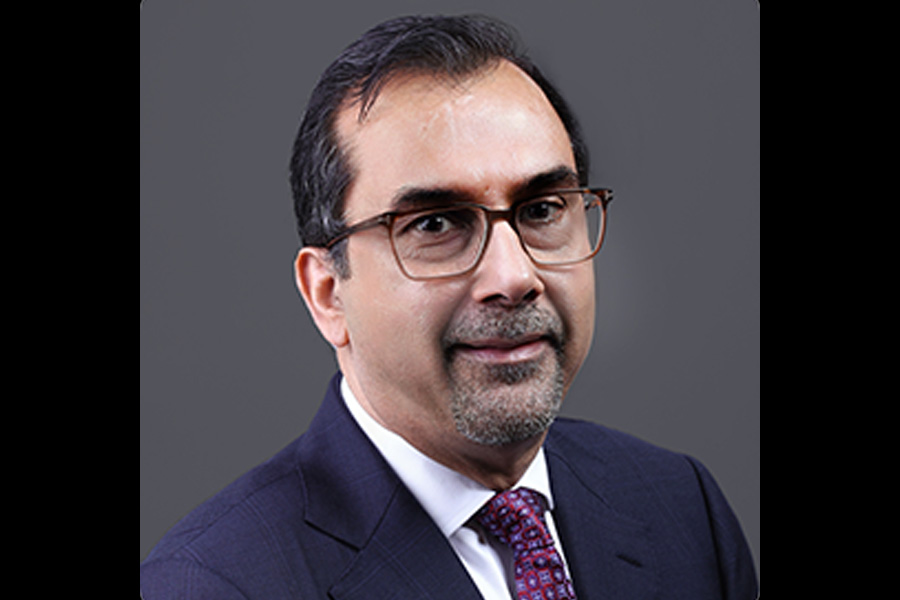Oleg Y. Tinkov was worth more than $9 billion in November, renowned as one of Russia’s few self-made business tycoons after building his fortune outside the energy and minerals industries that were the playgrounds of Russian kleptocracy.
Then, last month, Tinkov, the founder of one of Russia’s biggest banks, criticised the war in Ukraine in a post on Instagram. The next day, he said, President Vladimir V. Putin’s administration contacted his executives and threatened to nationalise his bank if it did not cut ties with him. Last week, he sold his 35 per cent stake to a Russian mining billionaire in what he describes as a “desperate sale, a fire sale” that was forced on him by the Kremlin.
“I couldn’t discuss the price,” Tinkov said. “It was like a hostage — you take what you are offered. I couldn’t negotiate.”
Tinkov, 54, spoke to The New York Times by phone on Sunday, from a location he would not disclose, in his first interview since Putin invaded Ukraine.
He said he had hired bodyguards after friends with contacts in the Russian security services told him he should fear for his life, and quipped that while he had survived leukemia, perhaps “the Kremlin will kill me”.
It was a swift and jarring turn of fortune for a longtime billionaire who for years had avoided running afoul of Putin while portraying himself as independent of the Kremlin.
His downfall underscores the consequences facing those in the Russian elite who dare to cross their President, and helps explain why there has been little but silence from business leaders who, according to Tinkov, are worried about the impact of the war on their lifestyles and their wallets.
Indeed, Tinkov claimed that many of his acquaintances in the business and government elite told him privately that they agreed with him, “but they are all afraid”.
New York Times News Service

